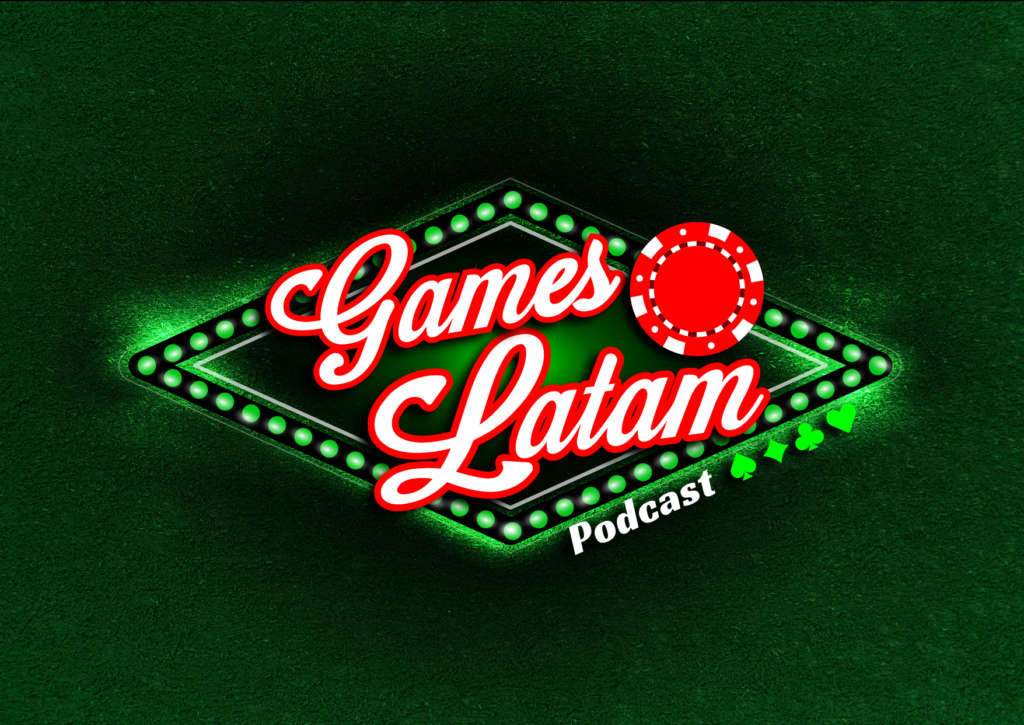Roblox, the global online gaming sensation, faces a class-action lawsuit alleging it facilitated underage gambling.
Parents claim third-party websites exploit Roblox’s virtual currency, Robux, for gambling-like activities, targeting minors.
Roblox refutes the allegations, detailing robust safety measures and legal defenses to protect its young users.
Explore how this lawsuit could reshape online gaming regulations and impact platforms like Roblox.
Roblox Fights Back: Denies Underage Gambling Allegations Amid Legal Scrutiny
Roblox has become a household name in online gaming, attracting millions of young users daily. But the platform now faces a class-action lawsuit accusing it of facilitating gambling among minors through unauthorized third-party websites. The stakes are high for the company, which vehemently denies these claims and insists on its commitment to user safety and compliance with the law.
Key Points:
- Robux and Third-Party Risks: Allegations center around unauthorized third-party websites exploiting Roblox’s virtual currency for gambling.
- Roblox’s Legal Defenses: The company invokes Section 230 protections and highlights its proactive measures against unauthorized activities.
- Enhanced User Protections: Roblox is introducing new safety features, including parental controls and stricter content ratings.
Allegations Surrounding Robux and Third-Party Websites
The lawsuit, brought forward by concerned parents, alleges that third-party websites such as RBXFlip, Bloxflip, and RBLXWild exploit Roblox’s virtual currency, Robux, to simulate gambling mechanics. These platforms reportedly allow users, including minors, to wager Robux on games of chance, creating risks of financial and emotional harm.
Parents claim that Roblox profits indirectly by selling Robux, despite knowing the currency’s potential misuse. They argue this creates a moral and legal responsibility for the company to prevent such activities.
Roblox’s Defense: Strong Measures and Legal Protections
Roblox categorically denies these allegations, labeling them “legally and factually baseless.” In its legal filings, the company emphasizes several key defenses:
- Section 230 of the Communications Decency Act: Roblox asserts it cannot be held accountable for activities on external platforms beyond its control.
- Strict Terms of Service: The platform prohibits using Robux outside its ecosystem. All users must agree to these terms before creating accounts.
- Proactive Safeguards: Roblox has implemented technological measures, cease-and-desist actions, and legal demands against unauthorized gambling sites.
For instance, Roblox recently issued a legal order to Bloxflip, instructing them to cease operations involving Roblox branding and access to its platform.
Broader Implications for Online Gaming
The lawsuit brings to light the challenges faced by platforms managing virtual economies. With over 79.5 million daily active users—many of them minors—Roblox operates in a uniquely vulnerable space. If found liable, the case could set a precedent for stricter regulations on platforms catering to children.
Legal experts highlight that platforms with virtual currencies may face increased scrutiny to ensure their systems cannot be exploited by external entities.
Roblox’s Ongoing Commitment to Safety
In response to growing concerns, Roblox has rolled out additional safety features to enhance protection for its youngest users:
- Parental Controls: Parents can now manage their children’s accounts remotely, set daily screen time limits, and review friend lists.
- Content-Specific Labels: Games are categorized based on features like violence or crude language, ensuring age-appropriate access.
- Communication Restrictions: Players under 13 have limited chat capabilities and cannot access direct messaging features outside games.
These measures aim to close loopholes and create a safer gaming environment for children. Developers have also been required to provide detailed content ratings by December 3, or their games will be marked as unrated and inaccessible to players under 13.
The outcome of this lawsuit could have significant ramifications for Roblox and similar platforms navigating virtual economies and user safety. While Roblox has taken substantial steps to enhance protections, the case underscores the ongoing challenge of safeguarding young users in a rapidly evolving digital landscape. As the legal battle unfolds, it will likely influence future gaming regulations and parental expectations for online platforms.
The post Roblox Denies Underage Gambling Allegations in a Lawsuit appeared first on Gamingo News.
Roblox, the global online gaming sensation, faces a class-action lawsuit alleging it facilitated underage gambling. Parents claim third-party websites exploit Roblox’s virtual currency, Robux, for gambling-like activities, targeting minors. Roblox refutes the allegations, detailing robust safety measures and legal defenses to protect its young users. Explore how this lawsuit could reshape online gaming regulations and
The post Roblox Denies Underage Gambling Allegations in a Lawsuit appeared first on Gamingo News.
Participe da IGI Expo 2026: https://igi-expo.com/










